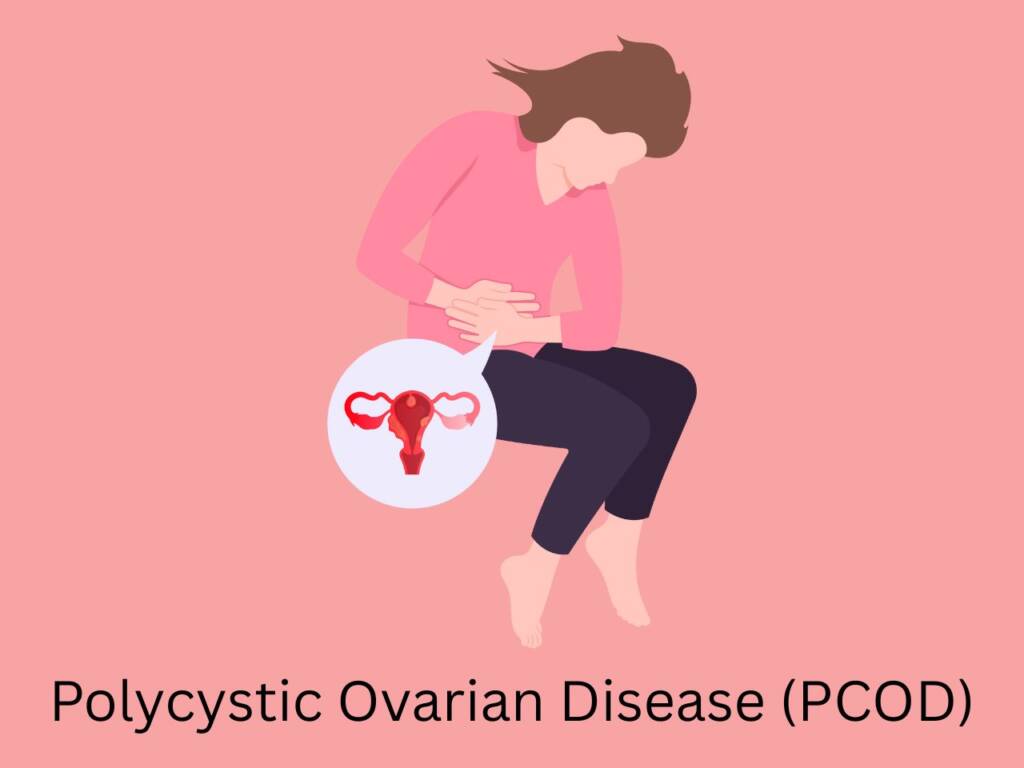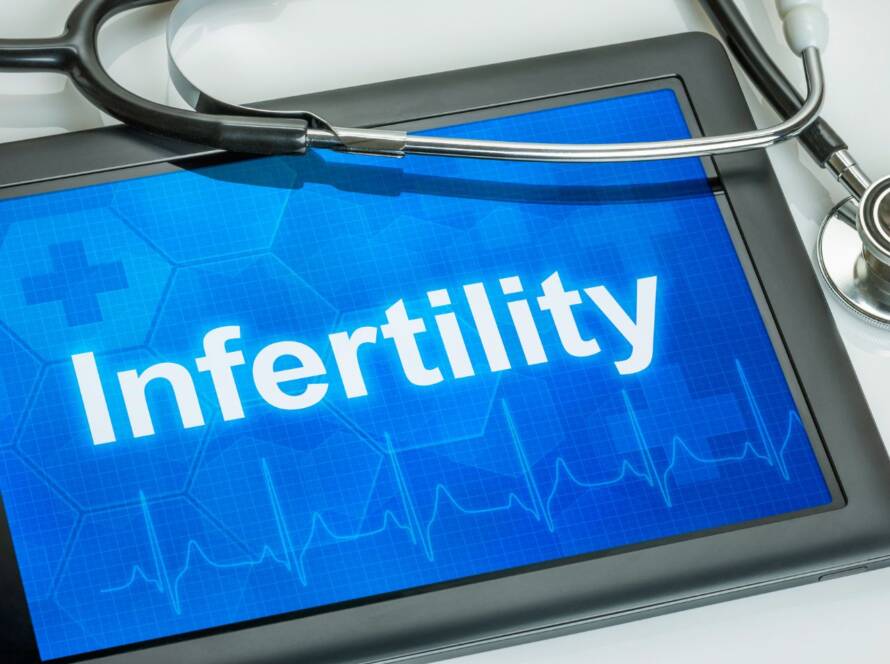Polycystic Ovarian Disease (PCOD) is one of the most common hormonal disorders affecting women of reproductive age. It not only disrupts menstrual cycles and causes hormonal imbalance but can also significantly impact a woman’s ability to conceive. Understanding PCOD and its connection to fertility is the first step toward managing the condition and planning for pregnancy.
1. What is PCOD?
PCOD occurs when a woman’s ovaries produce higher than normal amounts of androgens (male hormones). This hormonal imbalance prevents the release of eggs, leading to irregular or absent ovulation.
Common Symptoms of PCOD:
- Irregular menstrual cycles
- Excessive hair growth (hirsutism)
- Acne and oily skin
- Weight gain or difficulty losing weight
- Thinning hair on the scalp
- Difficulty conceiving
2. How PCOD Affects Fertility
Fertility issues in PCOD stem from anovulation (absence of ovulation). Without ovulation, fertilization cannot occur.
Other Complications:
- Poor egg quality
- Insulin resistance affecting hormonal balance
- Increased risk of miscarriage
- Endometrial abnormalities
These factors can delay or prevent pregnancy, making it essential to seek medical attention early.

3. Diagnosis of PCOD
PCOD is diagnosed through a combination of clinical symptoms, blood tests (to check hormone levels), and ultrasound scans (to detect cysts on ovaries).
At Mithran Fertility Center, our specialists provide a thorough assessment to help women identify the root cause and choose the right treatment.
4. Effective Treatment Options
Lifestyle Modifications:
- Maintain a healthy weight
- Follow a low-carb, high-protein diet
- Exercise regularly
- Manage stress levels
Medical Treatments:
- Ovulation induction medications (e.g., Clomiphene Citrate, Letrozole)
- Metformin (to manage insulin resistance)
- Hormonal contraceptives (for regulating cycles)
- Laparoscopic ovarian drilling (in some cases)
Fertility Treatments:
Our team at Mithran Fertility Center tailors treatment plans to each patient’s unique condition to maximize chances of pregnancy.
FAQs
Yes, many women with PCOD conceive naturally, especially with healthy lifestyle changes and regular ovulation.
They are often used interchangeably, but PCOS (Polycystic Ovary Syndrome) includes more metabolic complications than PCOD.
Yes, even a 5-10% reduction in weight can significantly improve ovulation and fertility.
Through physical examination, hormone blood tests, and pelvic ultrasound to identify ovarian cysts.
Treatment depends on individual needs, but ovulation-inducing medications, IUI, and IVF are common and effective.
Conclusion
PCOD may make conception more challenging, but it is far from impossible. With the right lifestyle changes, timely diagnosis, and fertility treatments, many women with PCOD successfully become mothers. If you’re experiencing symptoms or struggling to conceive, the expert team at Mithran Fertility Center in Chidambaram is here to guide you every step of the way.




